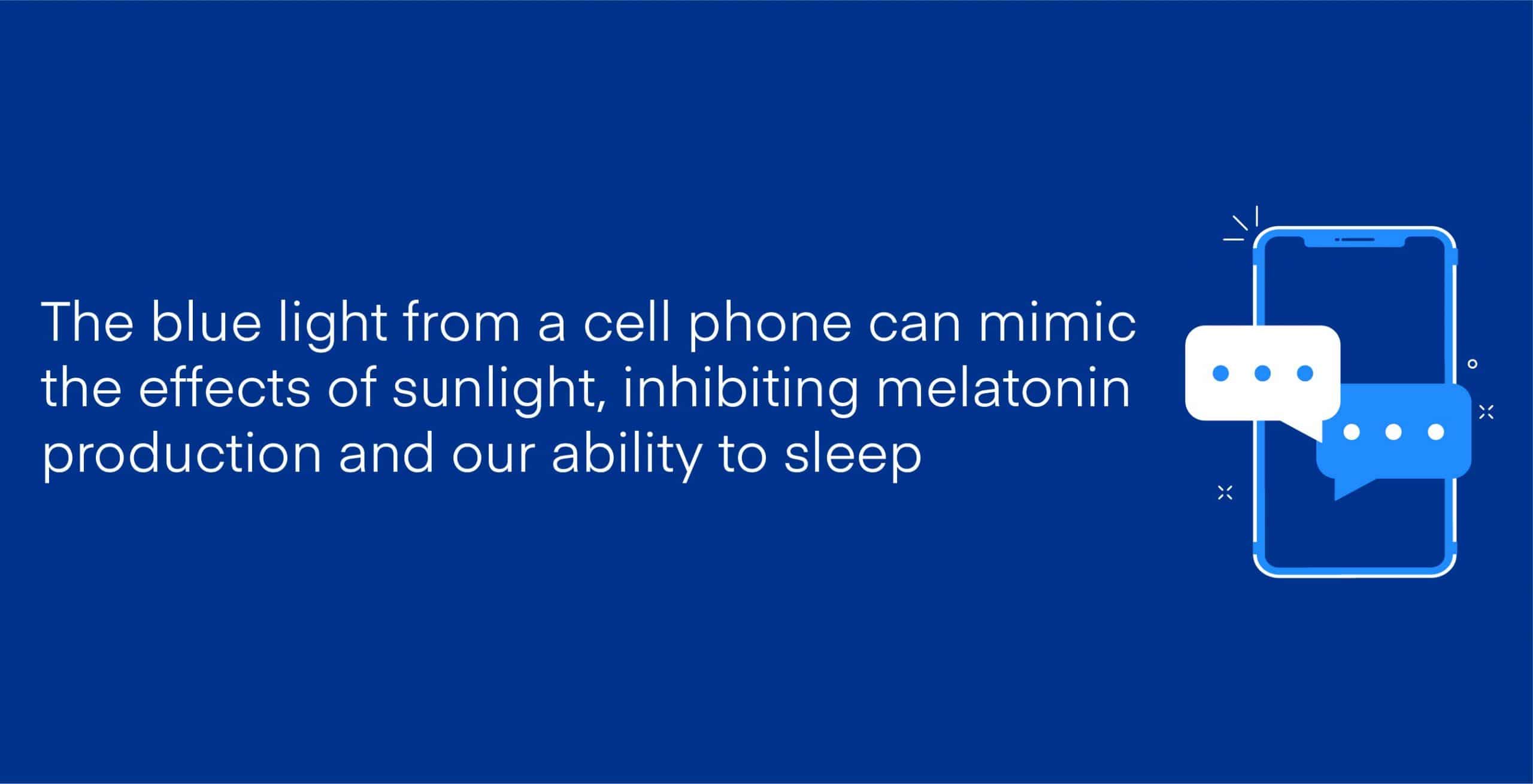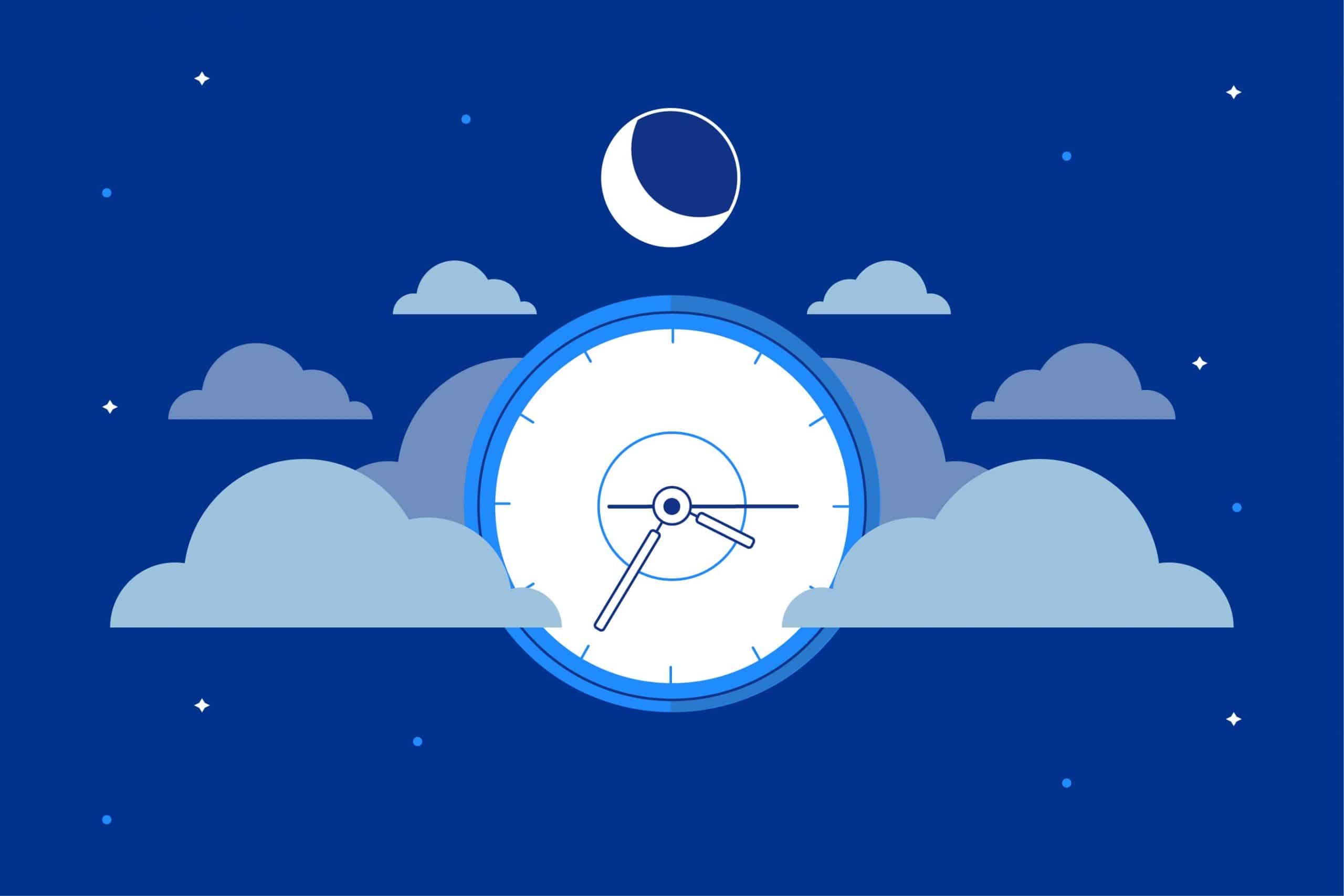Key Takeaways
- Recognize the Importance of Quality Sleep: One night of poor sleep can lead to feelings of sluggishness and lack of focus. Chronic sleep deprivation is linked to more severe health issues such as compromised immune function, elevated blood pressure, and mental health disorders. Long-term consequences may include an increased risk of heart disease, depression, and type 2 diabetes.
- Prioritize Good Sleep Hygiene: The actions you take before bedtime significantly impact sleep quality. Three specific habits to avoid include eating too close to bedtime, maintaining irregular sleep hours, and consuming caffeine late in the day. Eating a light dinner at least 2 to 3 hours before sleep, sticking to a consistent sleep schedule, and limiting caffeine intake after 2 p.m. can contribute to better sleep hygiene.
- Minimize Technology Use and Late-night Exercise: The use of electronic devices emitting blue light before bedtime can inhibit melatonin production, disrupting your ability to fall asleep. Additionally, vigorous exercise close to bedtime can elevate adrenaline levels, making it challenging to relax. To enhance sleep, experts recommend reducing screen time at least 2 to 3 hours before bed.
One night of poor sleep can leave you feeling sluggish, unfocused, and unmotivated during the day. However, the National Library of Medicine (NIH) says chronic sleep deprivation Verified Source National Library of Medicine (NIH) World’s largest medical library, making biomedical data and information more accessible. View source can affect your immune system, blood pressure, and mental health. Over time, a consistent lack of sleep can increase your risk of heart disease, depression, and type 2 diabetes.
The things you do before bed can have a significant impact on the quality of your sleep. Poor sleep hygiene may be interfering with your ability to get a good night’s rest. Below, we outline five bad sleep habits you should avoid to break the cycle of sleep deprivation.
1. Eating Too Close to Bedtime
If your body is digesting a large meal, it can be difficult for you to relax and fall asleep. Plus, lying down while your food is still digesting can cause stomach acid to enter the esophagus, leading to heartburn and indigestion. This uncomfortable burning sensation can make it impossible to get comfortable and fall asleep.
As the mind and body prepare for rest, the metabolism slows down. Verified Source Mayo Clinic Ranked #1 hospital by U.S. News & World Report and one of the most trusted medical institutions in the world. The staff is committed to integrated patient care, education, and research. View source Therefore, late-night snacking can also trigger digestive issues that interfere with sleep.
Sleep Tip: Eat dinner at least 2 to 3 hours before bed—this will give your body plenty of time to process food. If you need a snack between dinner and bedtime, keep it light and opt for sleep-promoting foods, such as cherries, bananas, almonds, or chamomile tea.
2. Sleeping at Odd Hours
We each have a natural circadian rhythm that is linked to the rising and setting of the sun. This cycle determines when we are most likely to feel awake and focused versus tired and sleepy.
Melatonin, the sleep hormone, is influenced by light. When you’re exposed to sunlight throughout the day, melatonin production slows, and you remain active and alert. When the sun sets, and you are exposed to less light, melatonin increases, and you begin to feel tired.
Sleeping in opposition to our natural circadian rhythm can cause a hormonal imbalance that makes it difficult to sleep. An irregular sleep schedule, such as going to bed too late and sleeping in, can lead to inadequate sleep and chronic insomnia.
Sleep Tip: Maintain a consistent sleep schedule based on when you need to wake up each day. Experts suggest aiming for at least 7 to 8 hours of sleep each night. So, if you need to wake up at 7 a.m. each morning, you should go to bed by 11 p.m. However, try to prepare for sleep at least one hour before to give yourself plenty of time to unwind.
On the weekends, try not to let your sleep schedule fluctuate. Sleep and wake times should vary no more than 1 hour from your weekday routine.
3. Drinking Coffee Late in the Day
During the late afternoon, we often turn to coffee for a quick pick me up. However, your mid-day latte could be interfering with your sleep. National Library of Medicine (NIH) studies show Verified Source National Library of Medicine (NIH) World’s largest medical library, making biomedical data and information more accessible. View source the effects of coffee can be felt up to 8 hours after consumption. Caffeine stimulates the nervous system, causing wakefulness and increased brain activity, both of which are not conducive to sleep.
Sleep Tip: Avoid coffee and other caffeinated beverages, such as tea and soda, after 2 p.m. This length of time allows your body to completely metabolize caffeine and ensure it does not keep you awake at night.
4. Using Technology in Bed
As we mentioned above, melatonin (the sleep hormone) is influenced by light. When we use electronic devices, such as cell phones, laptops, e-readers, or tablets, the blue light Verified Source Harvard Health Blog run by Harvard Medical School offering in-depth guides to better health and articles on medical breakthroughs. View source from the screen can mimic the effects of sunlight, inhibiting melatonin production and our ability to sleep. The longer we lie in bed staring at our electronic screens, the harder it becomes for us to fall asleep and rest soundly.

The content we consume late at night can also trigger anxiety, causing a flood of cortisol (the stress hormone) in the body. Cortisol keeps the mind and body active and alert, making relaxation and sleep difficult aside from blue light sleep disruptions.
Sleep Tip: To prevent blue light related sleep disruptions, experts suggest reducing screen time at least 2 to 3 hours before bedtime. Instead of scrolling social media, try reading or journaling before bed. If you can’t resist the urge to pick up your phone, keep it out of arm’s reach or in a different room altogether.
5. Working Out Before Bed
Exercise releases endorphins, increases the core body temperature, and raises cortisol levels. In the morning and afternoon, the effects of a good workout can improve your mood and mental clarity. However, late at night, physical activity can leave you full of adrenaline that hinders sleep.
Sleep Tip: Regular exercise is essential for overall health. However, avoid working out at least 1 to 2 hours before bed for a good night’s sleep. Instead, try incorporating gentle stretches into your bedtime routine. Stretching can help you relax both physically and mentally, and make it easier to fall asleep.
Frequently Asked Questions
Why can’t I sleep even though I am tired?
If you feel tired but can’t sleep, you may be experiencing an influx of cortisol and adrenaline. These hormones are triggered by stress and anxiety, and they promote the fight or flight response that often spurs us into action. When these hormones flood the body, the mind and body stay active and alert, making it impossible for us to sleep no matter how tired we are.
How do I sleep with anxiety?
Climbing into bed while you are anxious and worried can create a vicious cycle of stress and sleep deprivation. If you frequently experience nighttime anxiety, try performing relaxing activities before bed. Breathing exercises and gentle stretches can calm your nervous system and lower cortisol levels, allowing you to alleviate stress and unwind.
How much is too much sleep?
The right amount of sleep depends on your needs. While some people feel rested after 7 hours of sleep, others need 8 or 9 hours of sleep. However, the National Library of Medicine (NIH) reports that Verified Source National Library of Medicine (NIH) World’s largest medical library, making biomedical data and information more accessible. View source cognitive abilities and memory recollection Verified Source National Library of Medicine (NIH) World’s largest medical library, making biomedical data and information more accessible. View source actually start to decrease after 9 hours of sleep. Therefore, it is best to avoid oversleeping.
Do bananas help you sleep?
Yes! Bananas contain potassium and magnesium, which are natural muscle relaxers that can help you feel calm and sleepy before bed. Bananas also contain L-tryptophan, an amino acid that helps create serotonin and melatonin, the hormones needed for sleep and relaxation.
Conclusion
Poor sleep quality can interfere with every aspect of life. Everything from your ability to focus, commit information to memory, manage stress, and control your mood is impacted when you are sleep-deprived. By avoiding the poor sleep habits outlined above, such as eating late before bed, you can set yourself up for a good night’s rest and a more productive day.
Sleep researcher Dr. Kate Simon notes, “For many, breaking bad habits to improve sleep can be difficult. Psychologists specially trained in behavioral sleep medicine can provide brief treatment to treat underlying sleep disorders, improve your sleep hygiene, enhance sleep pattern consistency, or problem-solve barriers impeding better sleep.”
About the author
Geoff McKinnen is a writer focusing mainly on the healthcare industry and has written articles on everything from foods to help you lose weight to the connection between Alzheimer’s and sleep. Geoff’s passionate about helping readers improve their well-being to lead happier lives. Outside of work, Geoff enjoys cycling and hiking and believes that by leading a healthy lifestyle, he can help others do the same.
View all posts


